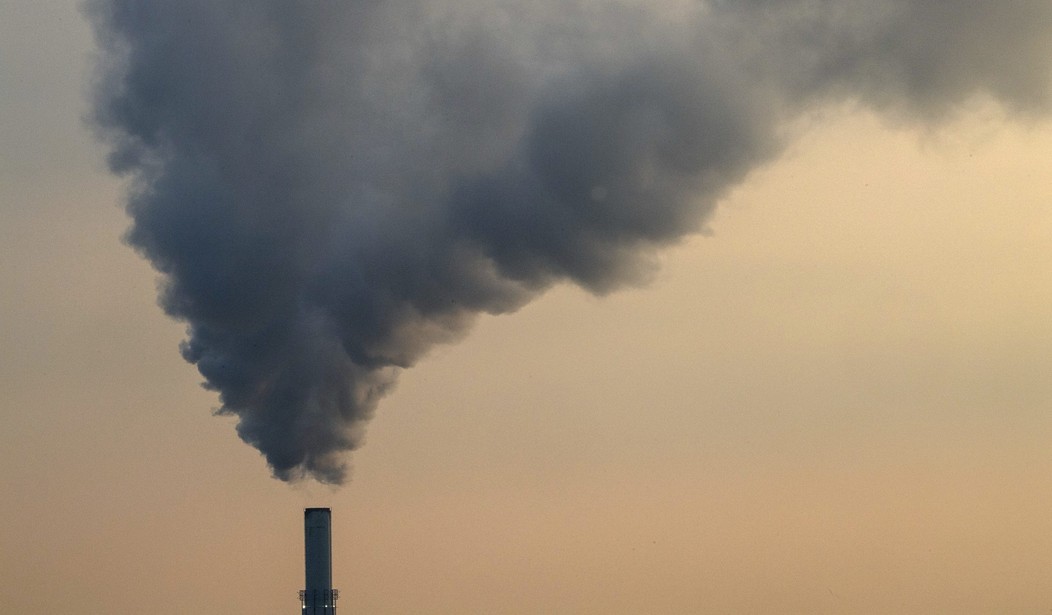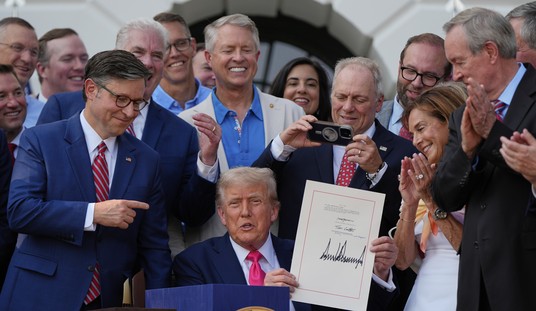WASHINGTON — Democrats vowed that they’ll use their new House majority next year to force action on climate change in the wake of a new report from 13 federal agencies that paints a bleak picture of the current and expected effects of global warming.
The National Climate Assessment released Friday is an interagency effort including more than 300 experts guided by a 60-member federal advisory committee. The report was then subjected to peer review and studied by federal agencies and a panel of the National Academy of Sciences.
“Climate change, once considered an issue for a distant future, has moved firmly into the present,” began the report’s introduction. “…This National Climate Assessment concludes that the evidence of human-induced climate change continues to strengthen and that impacts are increasing across the country. Americans are noticing changes all around them. Summers are longer and hotter, and extended periods of unusual heat last longer than any living American has ever experienced. Winters are generally shorter and warmer. Rain comes in heavier downpours.”
The 1,656-page report stresses that “many lines of independent evidence demonstrate that the rapid warming of the past half-century is due primarily to human activities.”
Climate change, it adds, has “affected and will continue to affect human health, water supply, agriculture, transportation, energy, coastal areas, and many other sectors of society, with increasingly adverse impacts on the American economy and quality of life.”
“Climate change is not debatable, and no region of our country and no sector of our economy will be spared,” Rep. Alcee Hastings (D-Fla.) said in response to the report. “While the Trump administration and congressional Republicans continue to deny that climate change exists, Democrats will use our new House Majority to take aggressive action to reduce climate pollution and help communities build their resilience to the impacts of climate change.”
How that will take shape is uncertain. House Minority Whip Steny Hoyer (D-Md.) said Friday that Democrats “understand the severity of this challenge and are determined to act.”
“We will use our House majority to ensure that this challenge is not ignored,” Hoyer vowed. “We will look for every opportunity to advance legislation to address one of the most pressing issues of our time.”
Sen. Bernie Sanders (I-Vt.) told CBS on Sunday that Congress must “take Trump on, take the fossil fuel industry on, and transform our energy system away from fossil fuel to energy efficiency and sustainable energies like solar and wind.”
“We have got to rally the American people… but this is not — this is not an issue where we can debate,” he said. “The reality is real. The scientific community has made it 100 percent clear that this is a major crisis facing this country and our planet.”
Sanders noted that climate change is one of several issues on Dems’ plates, including healthcare and education. “We have got to deal with a broken criminal justice system, with immigration reform,” he added.
Sen. Amy Klobuchar (D-Minn.) told ABC that “the greenhouse gas rules, the clean power rules that we — we’re already on the way to getting implemented, we should get those done.”
‘Secondly, gas mileage standards, we were clearly on a good path with that and then this administration stepped backwards,” she said. “And then, finally, going back into the international climate change agreement like every other country.”
“This is exactly what NASA our military have predicted for years, and it’s time to act on it. So the administration can’t on one hand issue this devastating report showing the facts and then on the other do nothing,” Klobuchar added, saying that the report was released on Friday in an administration effort to bury it but the plan “backfired” because it was a slow news day. “We have to make this a major issue going into next year.”
Sen. Ben Sasse (R-Neb.) told Fox that “it’s clear that the climate is changing” and “it’s clear that humans are a contributing factor.”
“I think the real question, though, becomes what do you do about it? Because you can’t legislate or regulate your way into the past. We have to innovate our way into the future,” he said.
Sasse advised that the U.S. needs to “participate in a long-term conversation about how you get to innovation.”
“And it’s going to need to be a conversation, again, that doesn’t start with alarmism, but that starts with some discussion of the magnitude of the challenge, the global elements to it and how the U.S. shouldn’t just do this is a feel-good measure, but some sort of innovative proposal,” he added.
Sen. Joni Ernst (R-Iowa) told CNN on Sunday that “our climate always changes” and “we see those ebb and flows through time — American agriculture has faced very difficult situations in decades past, as well.”
“Anytime that we are putting regulation out, we need to always consider impact to American industry and jobs,” she said. “We want to make sure that it makes sense going forward. There is a balance that can — can be struck there. And, again, in Iowa, as a state, we have set that standard. And it hasn’t been by mandating. It has been by incentivizing.”
“So, we do have a number of wind energy farms. And Iowa right now draws about 40 percent of its electric from wind energy, great renewable source. We have biofuels and so forth. So, we’re setting the standard. I think the rest of the states can do the same.”









Join the conversation as a VIP Member